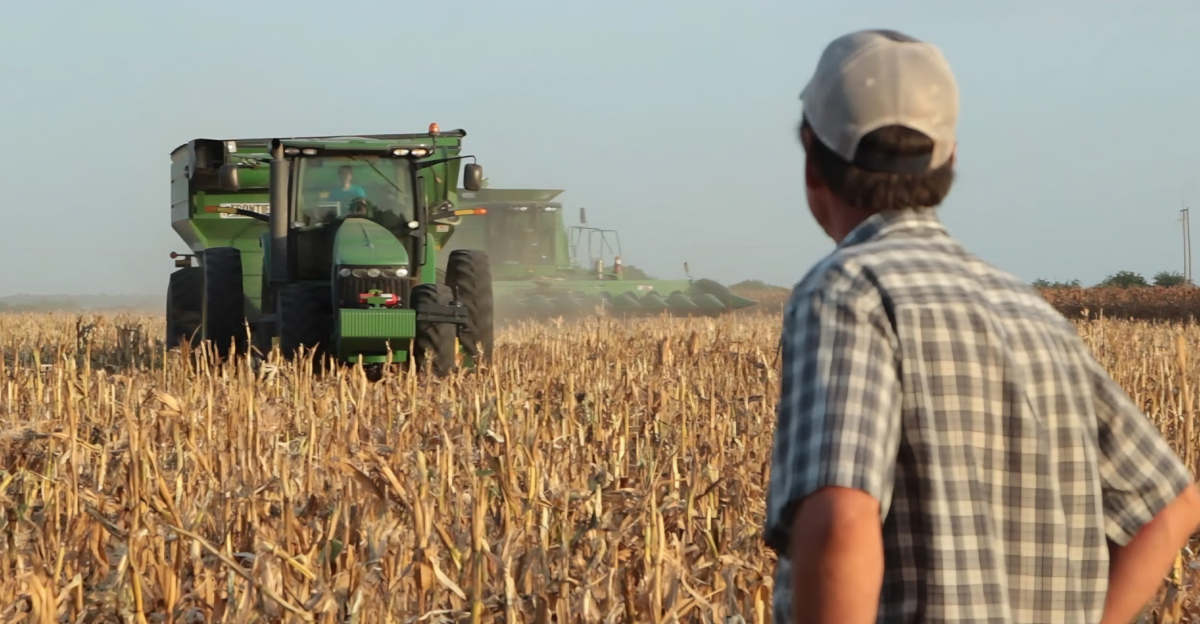
America is facing an alarming problem that most living in urban areas might not see coming. The Midwest is an important region for its agriculture and is often referred to as America’s “breadbasket.”
However, in recent years, farms have started to disappear, and this problem is more than just about keeping up tradition; it is an important industry that, in many ways, is the backbone of local economies. This way of life for many is being put in jeopardy due to a number of factors across different U.S. states, including Kansas, Nebraska, Texas, California, Missouri, North Carolina, Maine, Montana, Iowa, and Oklahoma.
The Effect On Rural Towns
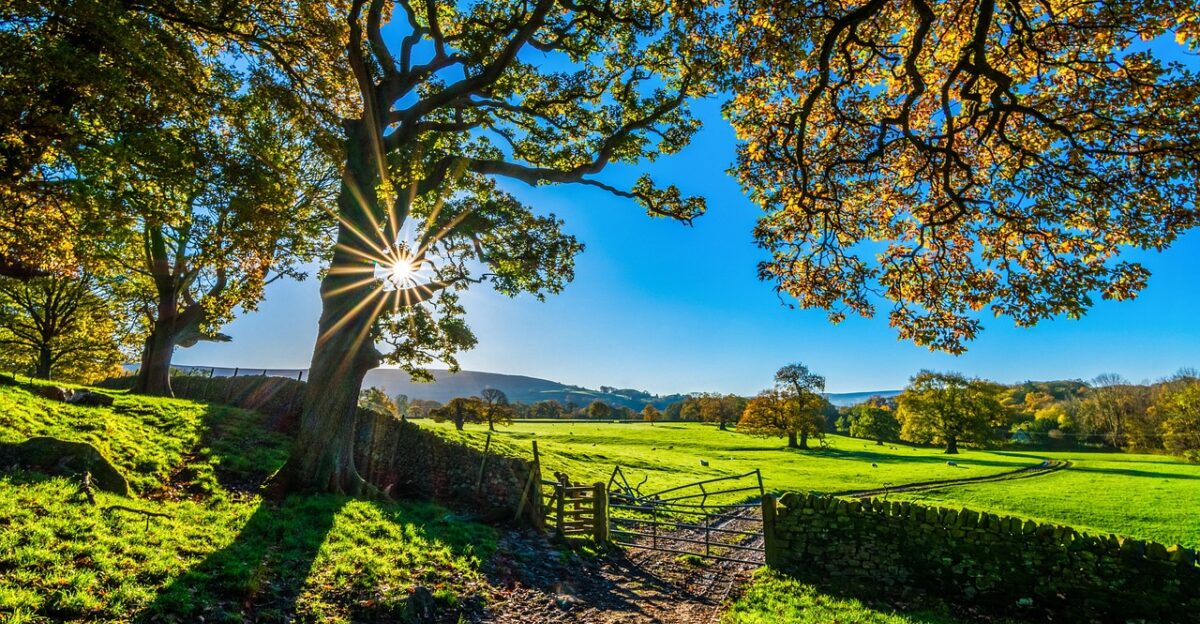
Farms are essential sources of products and jobs for local towns. When farms start to decline, a ripple effect is seen through local economies.
Farms have a vast network that helps sustain other jobs, such as equipment dealers, seed suppliers, and transport companies. All of these jobs depend on the farms, and without them, the economy may face further decline as livelihoods become uncertain.
Rising Costs
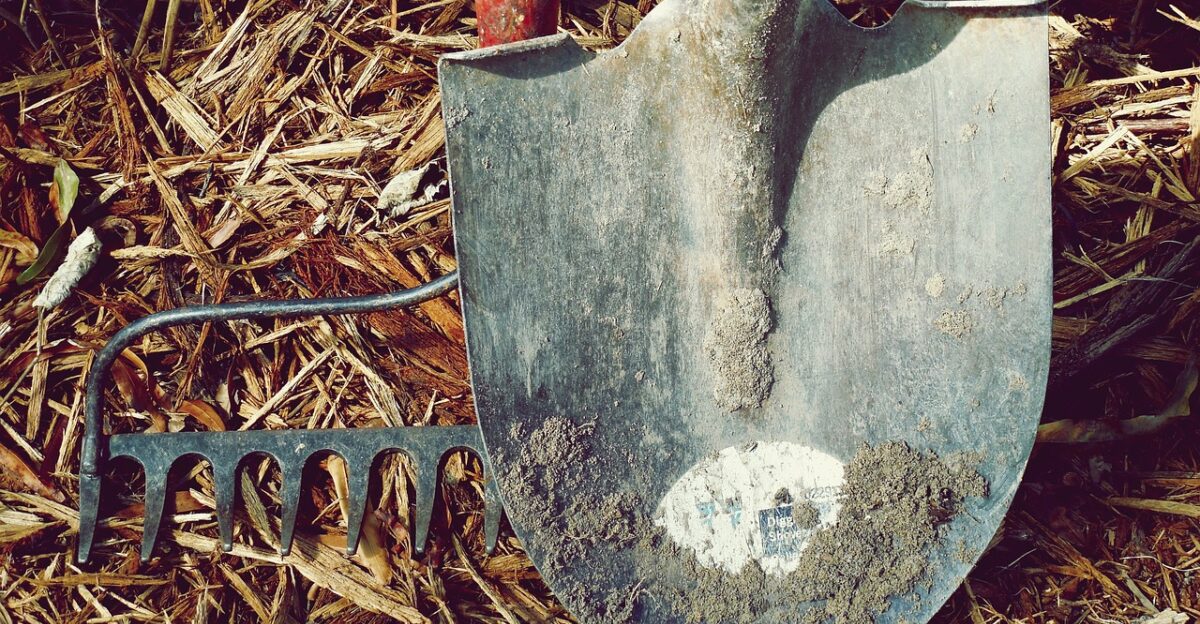
Many farms in America’s Midwest today are owned by third or fourth-generation farmers. With operational costs increasing and overall revenue declining, many are throwing in the towel and seeking more modern and stable careers.
This undermines generations of hard work that’s supported nearby communities, but it’s hard to blame the farmers. Selling a family farm can be a hard decision and often means giving up a legacy.
Agriculture’s Problems
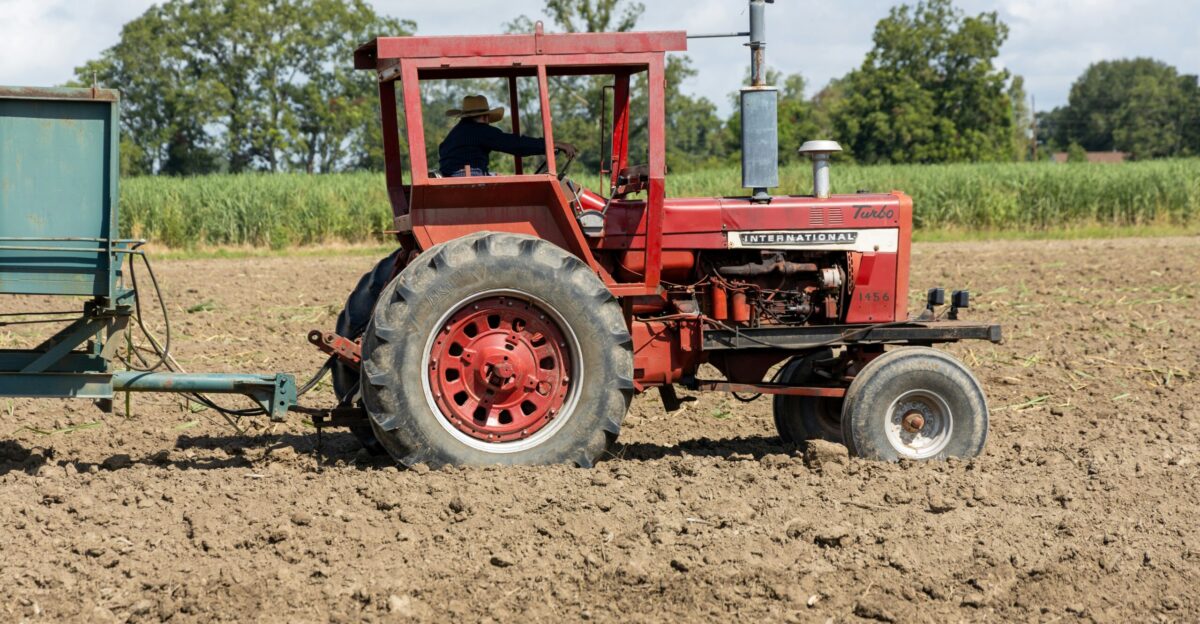
Farmers are facing more problems now than ever before. Prices for equipment and supplies have skyrocketed, while fluctuating prices for goods have meant less profit.
Harsh, unpredictable seasons have also lowered yields, meaning potential is lost while time and effort are spent for nothing. Many farmers take on debt in the hopes that the yield will turn into profits, but this is no longer a guarantee.
Land Being Sold
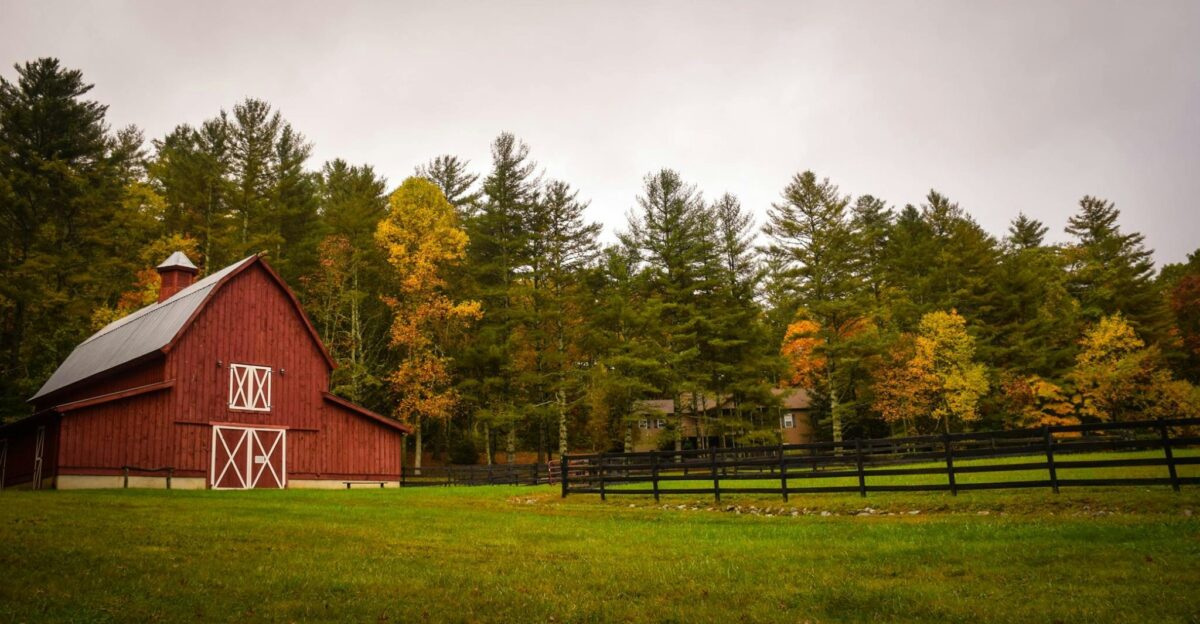
While farmers selling their land to other farmers could minimize impact and still keep local communities afloat, the reality is that most of the only people willing to buy farmland are agribusinesses and investors.
Without proper farmwork, this often results in less crop diversity, fewer locals employed, and no personal feeling that the farm had when it was owned by a family for generations.
Community Support
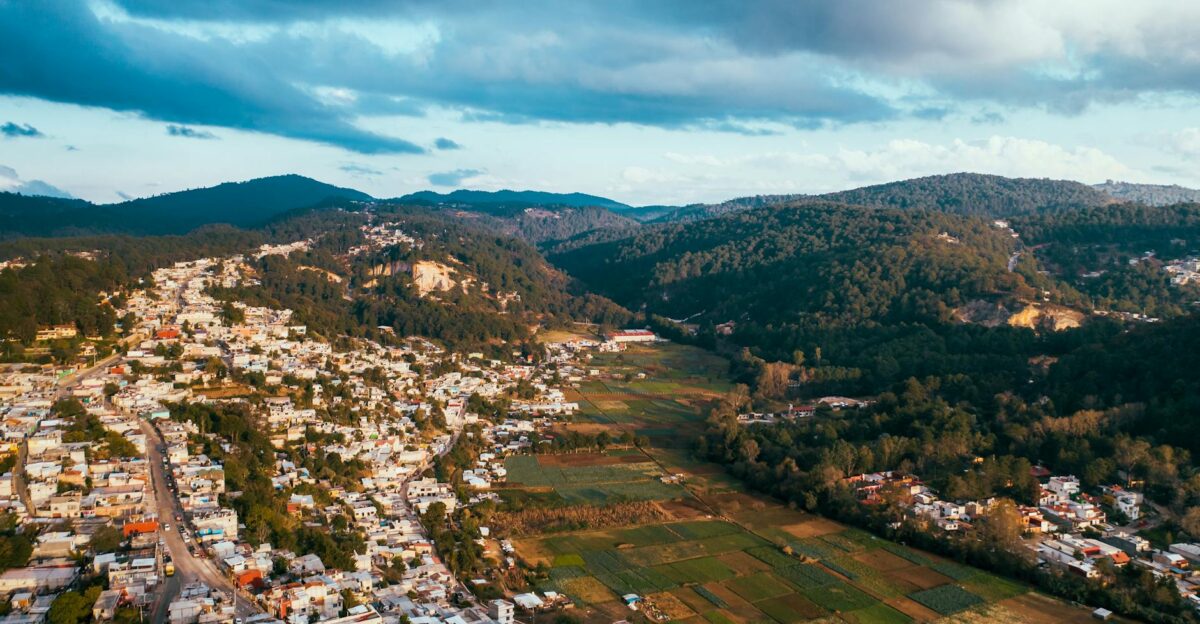
Local farms often have a larger impact on local communities than people realize. Rural schools and hospitals may struggle without the support of farms in the region.
Volunteer fire departments and local charities may also lose important community members. Family run farms add a strong social element that binds together close-knit community, and without them, other businesses may suffer.
Environmental Concerns
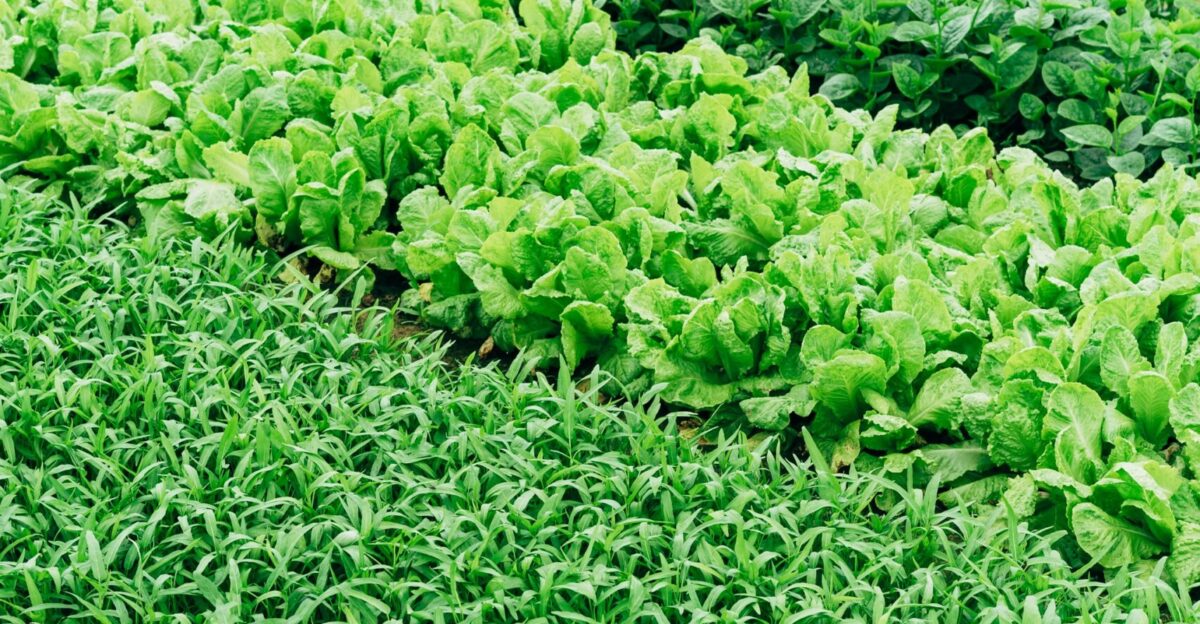
Family farms often partake in important environmental roles, with farmers farming in a sustainable way that keeps the land healthy. These practices include proper crop rotation and conserving soil.
Once farms are sold or cease to operate, the sustainable practices disappear, leading to soil erosion that can even have an impact on local waterways and aquatic life.
Innovation
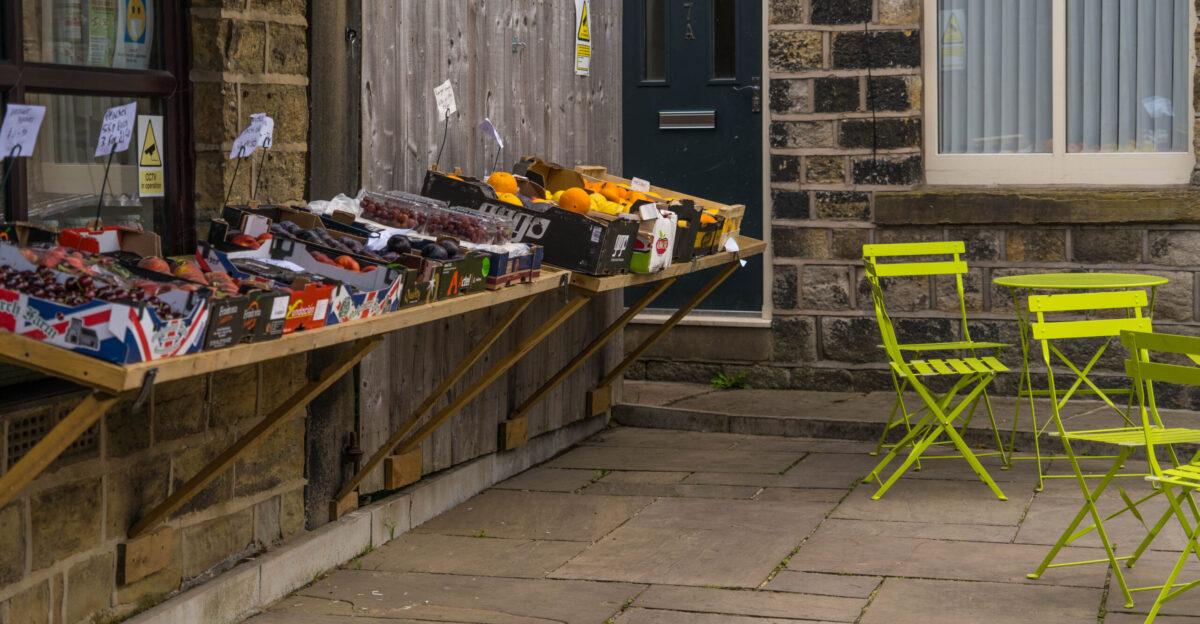
While challenges remain high, some farmers are managing to endure by finding new innovative approaches. Some farms are engaging directly with consumers, selling limited products directly to them instead of suppliers.
Other farms are engaging in agritourism, opening up the farms for local communities to visit and learn more about their plight and farming in general. While these innovations are aiding some farmers, many farms lack the support to do the same.
Policy And The Road Ahead
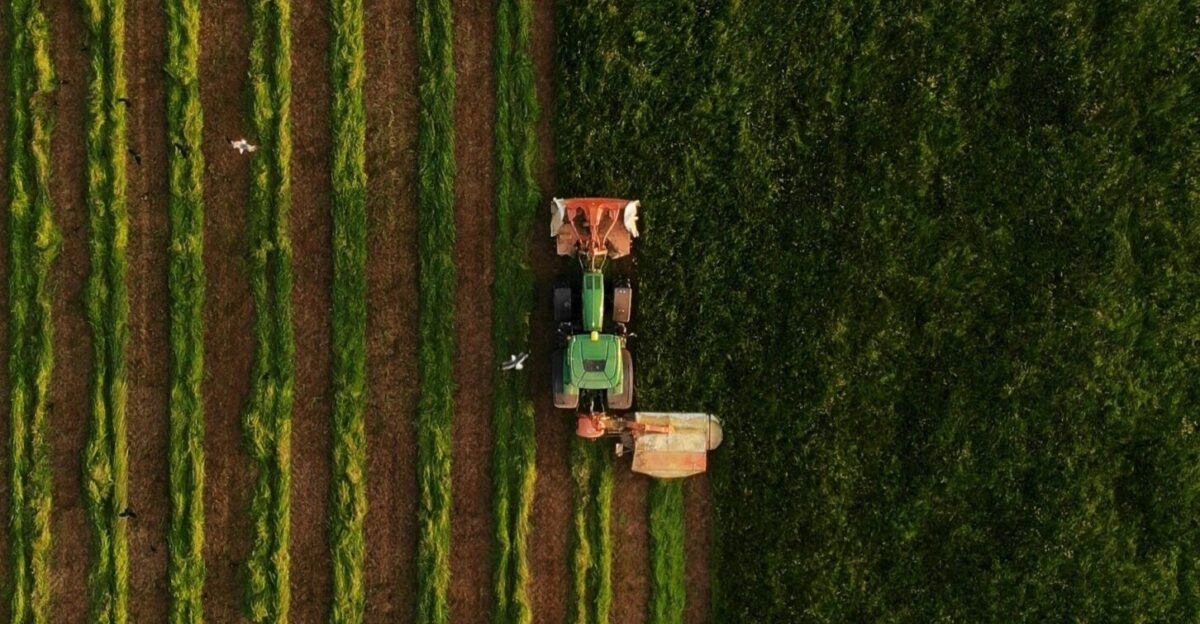
Many farms could be revitalized by government programs and subsidies. However, these lifesavers often only support bigger operations. Many argue that farms should get the same opportunity as others in the eyes of the government, regardless of their scale.
Young farmers who have been handed the reigns need support now more than ever, and investing in rural infrastructure could help to stop important farms from closing for good.
Broader Impacts
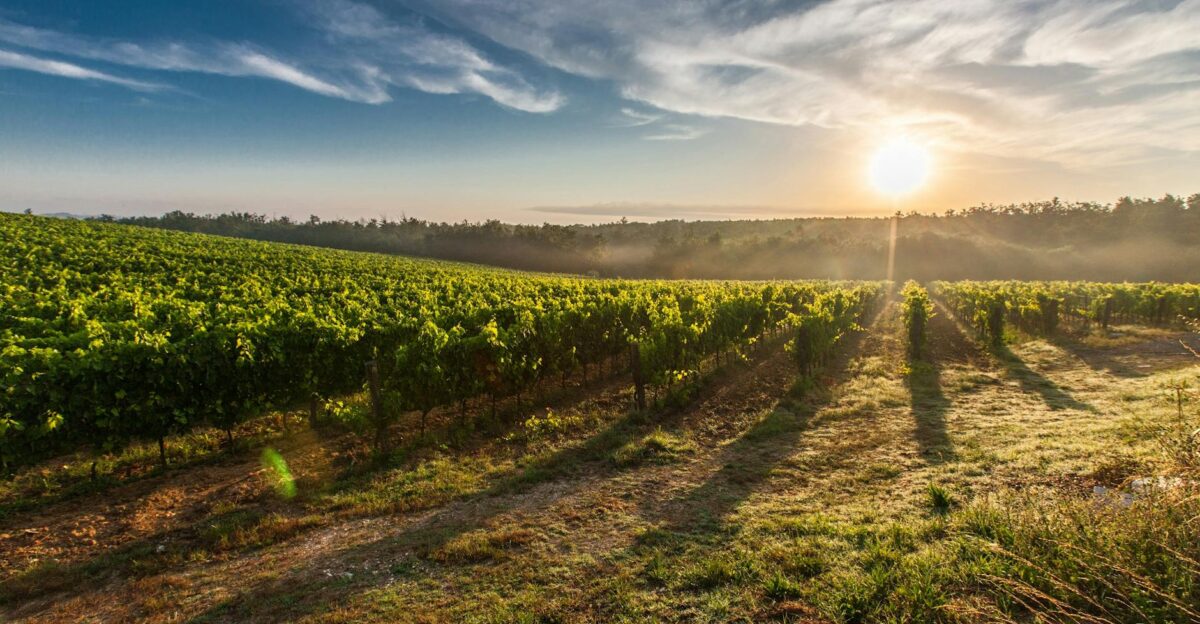
With the silent crisis that is taking over the heartlands affects more than just farmers and local communities. Farms are a vital supply of food like meat, dairy products, and vegetables.
Without these farms, our food supply could see unpredictable shifts, and the environment itself could also come off worse for wear. These farms are the lifeblood of America and need to survive.
Fields To Fashion

America’s Midwest doesn’t just feed people, it also helps clothe it. Cotton, hemp, and wool are all grown on farms and are used in clothing garments. For U.S. based fashion outlets that have factories in America, a lot of their materials come from these crops.
When small farms close, these sustainable fibers will be harder to find, and ethical fashion brands that rely on eco-friendly materials will have to look elsewhere.
Bankruptcy
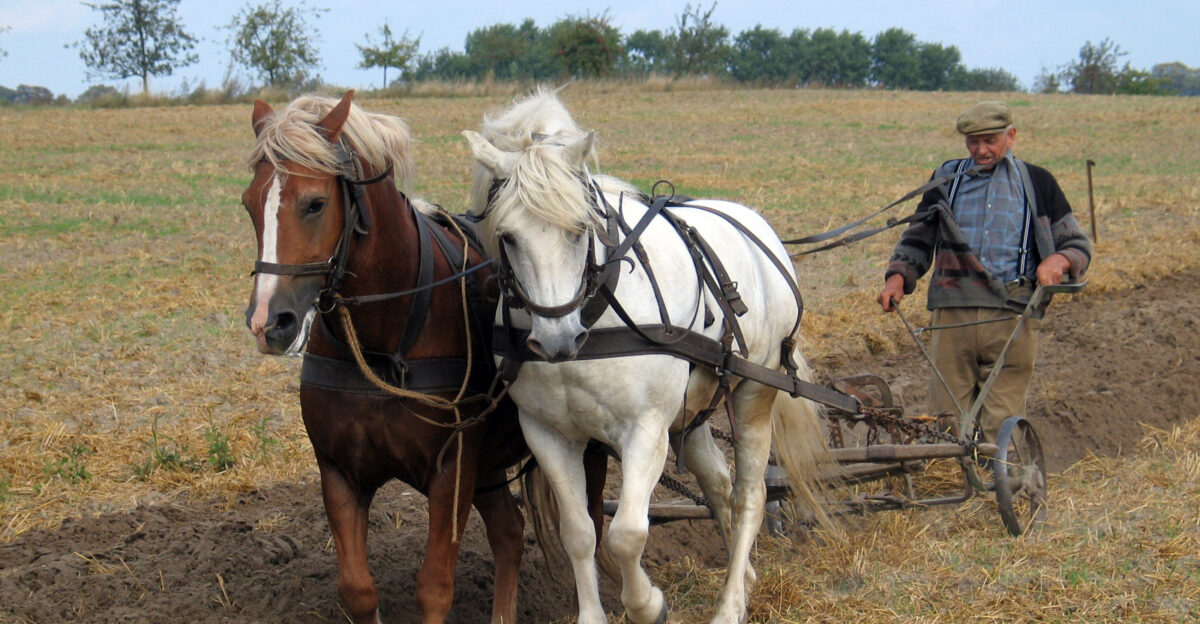
Many farmers are at the ends of their rope and cannot go on any longer in the face of economic downturns, lower yields, and increased costs of production.
Many try to see it through to the end, but this has tragic results. Chapter 12 bankruptcy increased by almost 70% in Q1 2025 compared to 2024. Many aren’t jumping ship; they’re being forced to close up shop.
Farm Exports
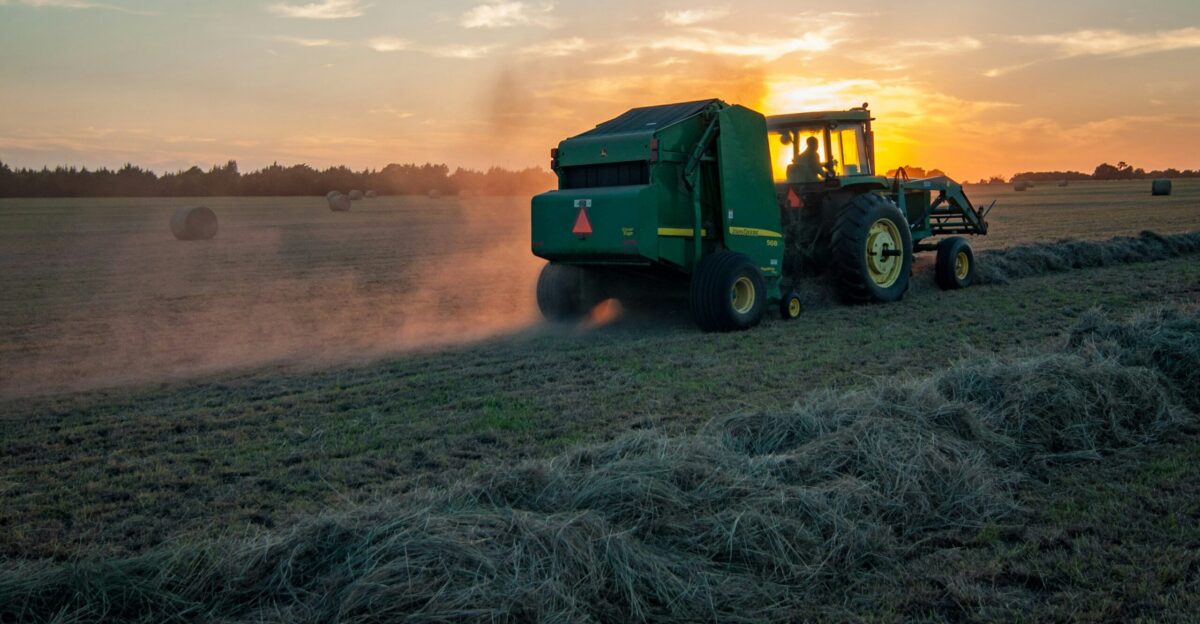
The final nail in the coffin for many farmers was the trade war that escalated in early 2025 between the United States and China.
This ruined farm exports as China looked to other suppliers, meaning that many crops didn’t get sold. Farmers realized that they couldn’t rely on global markets to buy their products, but then who would?
A Divide Farming
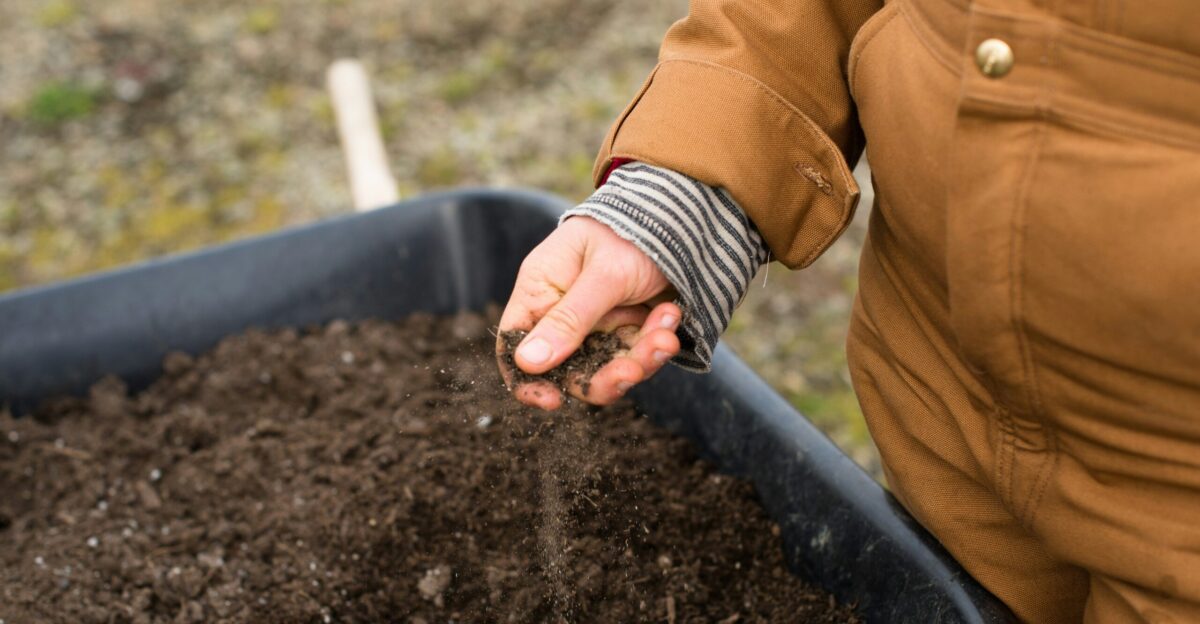
Agriculture is starting to be split down the middle as crop farmers continue to struggle to hit profit margins despite economic factors.
However, livestock and value-added producers have found ways to thrive and showcase the increased risks that farmers who grow crops face. Support is more important now than it ever has been before.
The Future For Farming In The U.S.
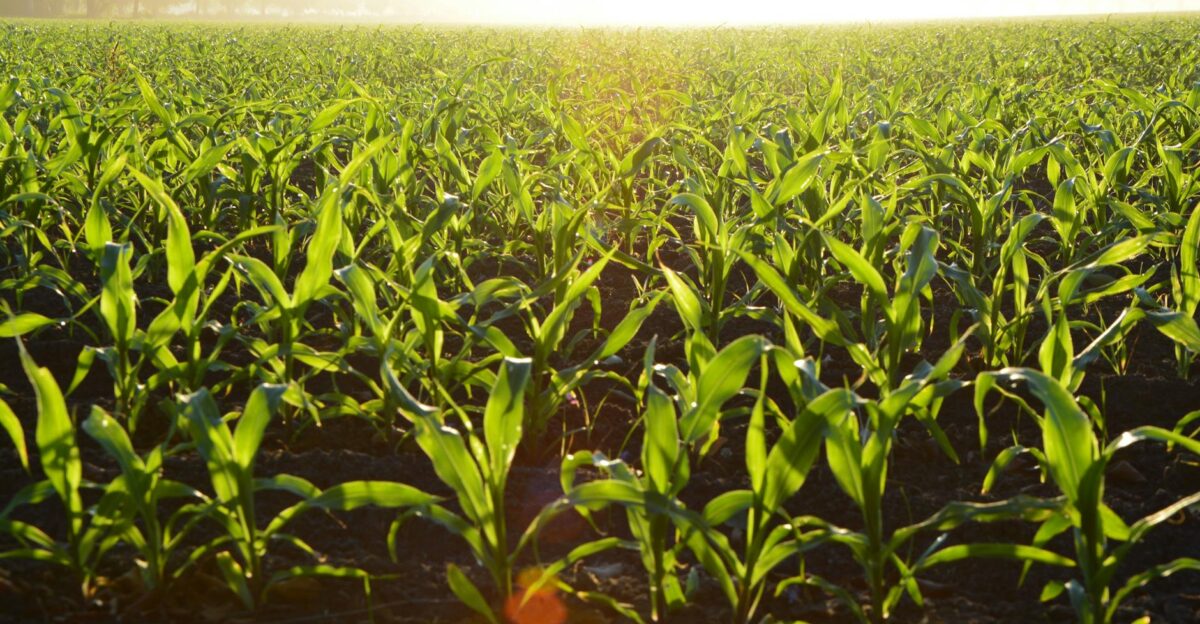
The 2025 Farm Bill is still under debate, and many farmers are pleading with policymakers to give them a much-needed reprieve.
Family farms are more than just a heartland tradition; they support rural economies and ensure that the next generation of Americans can pick up the agriculture torch. Without them, rural life as we know it won’t be sustainable, having grim implications for the future.